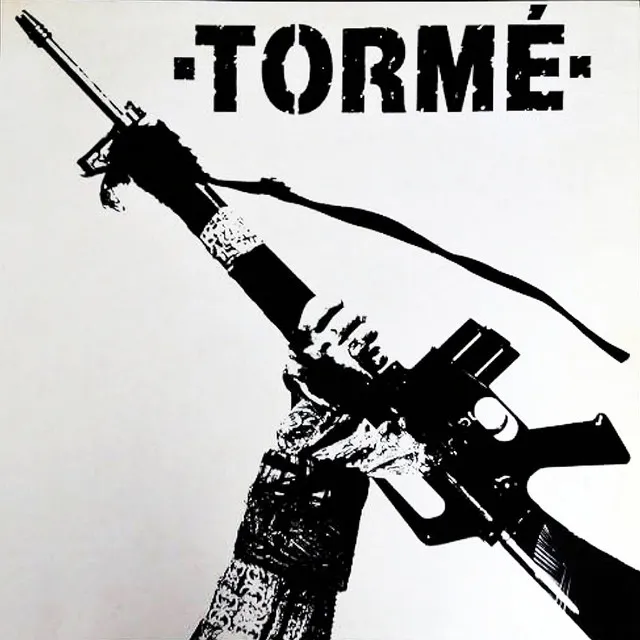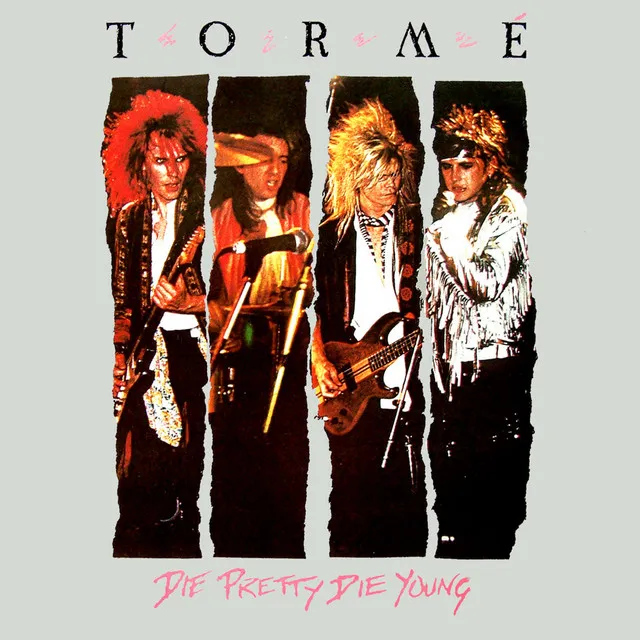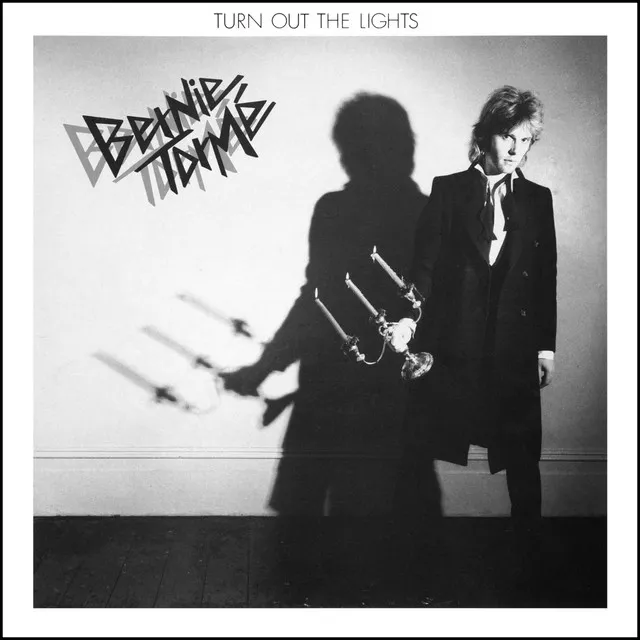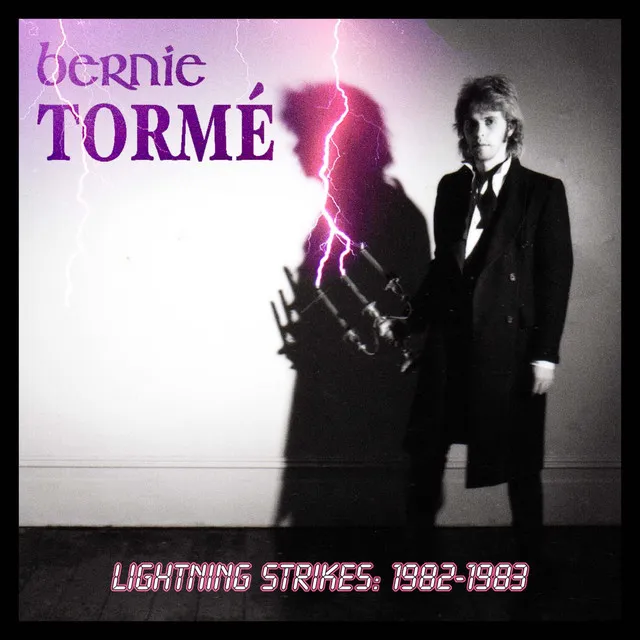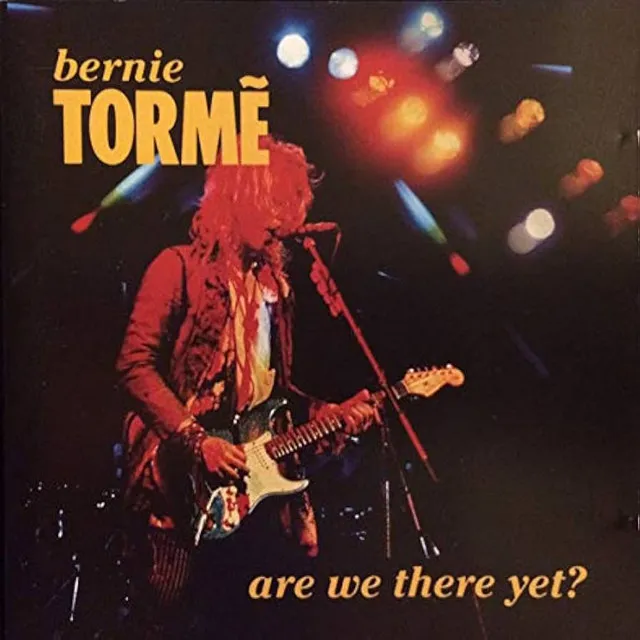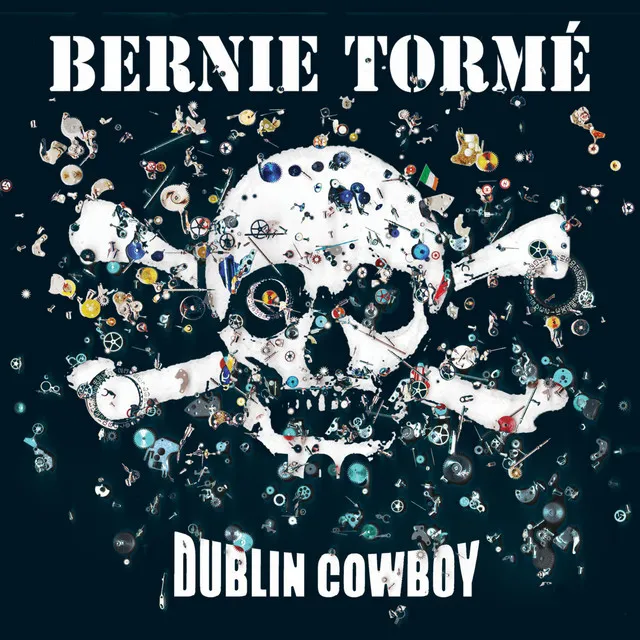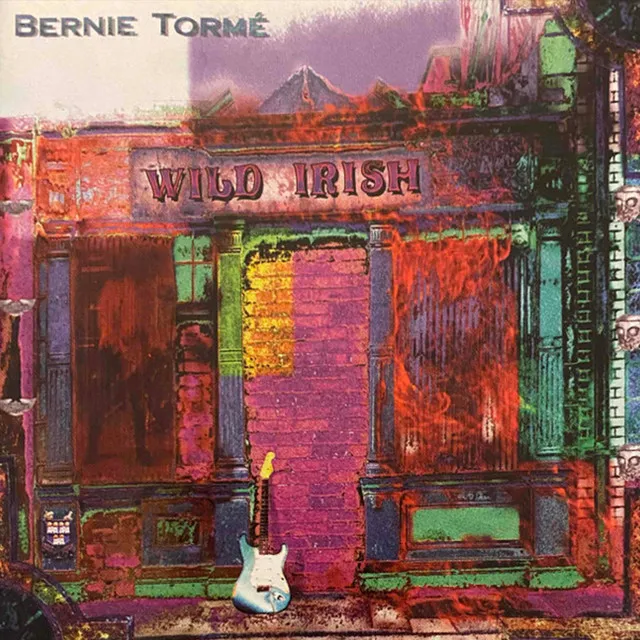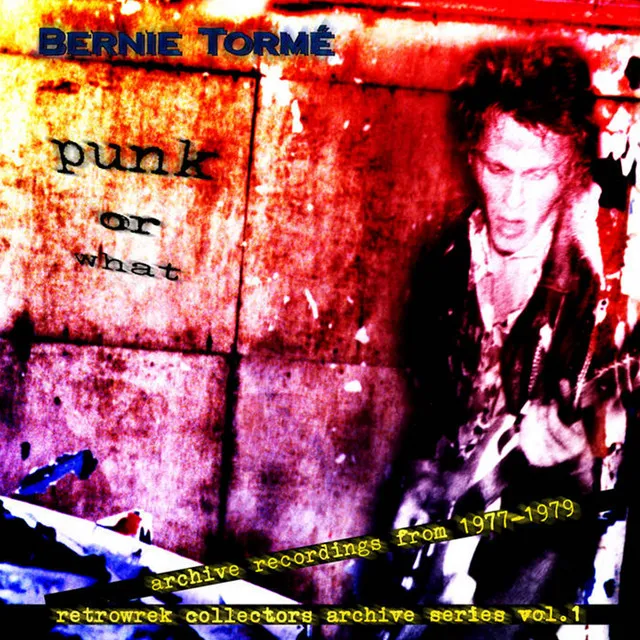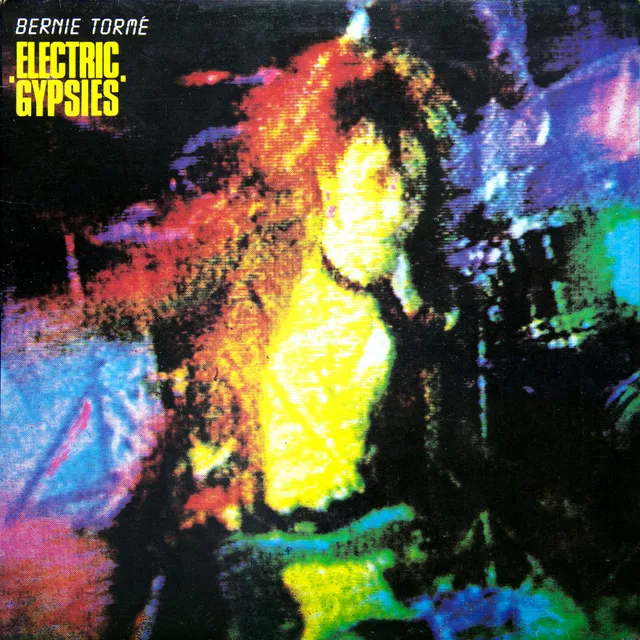Heavy metal/hard rock guitarist Bernie Torme has had several opportunities to break through to the big time as a hired gun with established (or promising) artists, but each time, circumstances prevented him from doing so. Born in Dublin, Ireland, Torme first picked up the guitar at the age of 11, looking up to such fellow Irish-bred guitarists as Rory Gallagher, Gary Moore, and Thin Lizzy's Eric Bell for inspiration early on. It wasn't long until Torme found himself playing in local bands, before leaving for London during the early '70s. While in London, Torme formed a hard rockin' trio, Scrapyard, which eventually changed its name to the Bernie Torme Band and turned to a more basic, punk style (reflective of what was going on at the time in England). Despite issuing a pair of singles and consistently touring the United Kingdom, the Bernie Torme Band failed to take off commercially. With the group on its last legs, the guitarist accepted an invitation by ex-Deep Purple frontman Ian Gillan to join his group, Gillan, in the late '70s. Torme's tenure with Gillan was a short yet successful one, as the group enjoyed three Top Ten U.K. albums (1979's Mr. Universe, 1980's Glory Road, and the 1981 chart-topper, Future Shock), in addition to extensive worldwide tours of Europe, Japan, and the United States.
Despite Gillan's success, Torme surprisingly left the group in 1981 (stating "boredom" as the reason for his exit), and joined up with veteran prog rockers Atomic Rooster. Torme's initial tenure with Atomic Rooster was a fleeting one; although he toured with the group, Torme never appeared on any of the group's studio albums (Torme would sporadically return back to the group, and an archival live album, Live in Germany 1983, was issued in 2000). But Torme's reputation as one of rock's most promising guitarists helped land him a gig as Ozzy Osbourne's new guitarist in the spring of 1982. Osbourne had just suffered the tragic loss of guitarist Randy Rhoads, and with a string of arena headlining shows on the horizon, Osbourne opted to regroup and honor the dates. But Torme's main desire was to return to a new outfit he was putting together at the time, Electric Gypsies, and after only a couple of weeks of live shows with Osbourne, Torme returned back to England (future Night Ranger guitarist Brad Gillis replaced Torme in Osbourne's band). Electric Gypsies issued three obscure albums, Turn Out the Lights, Electric Gypsies, and Live, before the band changed its name to Torme. The newly renamed group included ex-Girl/future L.A. Guns member Phil Lewis on vocals, and issued three additional recordings, Back to Babylon, Die Pretty Die Young, and Official Live Bootleg. But, like Electric Gypsies, Torme failed to get off the ground and had split up by the late '80s.
Once more, it didn't take Torme long to be invited to join another group, Desperado, this time a heavy metal supergroup of sorts (featuring ex-Twisted Sister frontman Dee Snider, ex-Iron Maiden drummer Clive Burr, and bassist Marc Russell). The group appeared to be a promising ticket to stardom in the U.S. for Torme, as Elektra Records signed the quartet. But friction between the group and Elektra prevented the band's debut from being released, and caused the breakup of Desperado (years later, the album was finally issued independently under the title Bloodied, but Unbowed). During the '90s, Torme continued to write and play for Snider's subsequent projects, including Widowmaker's Blood & Bullets and Stand By for Pain, as well as lending his talents to recordings by the Walker Brothers, Mammoth, and Rene Berg (as well as issuing an album with ex-Samson singer Gary Owen, Demolition Ball). The late '90s saw Torme form a power trio with former Anti-Nowhere League members Chris Jones (drums) and John Pearc (bass); issuing the double-disc Wild Irish in 1997 and White Trash Guitar in 1999 (by the early 21st century, Jones had been replaced with new member Simon Jeffrey). Torme also runs his own record label, Retrowrek Records, which specializes in releasing albums from all eras or his career, including a collection of tracks spanning 1977 through 1979 titled Punk or What, as well as reissues of such early titles as Turn Out the Lights and Electric Gypsies, among many others. ~ Greg Prato, Rovi
